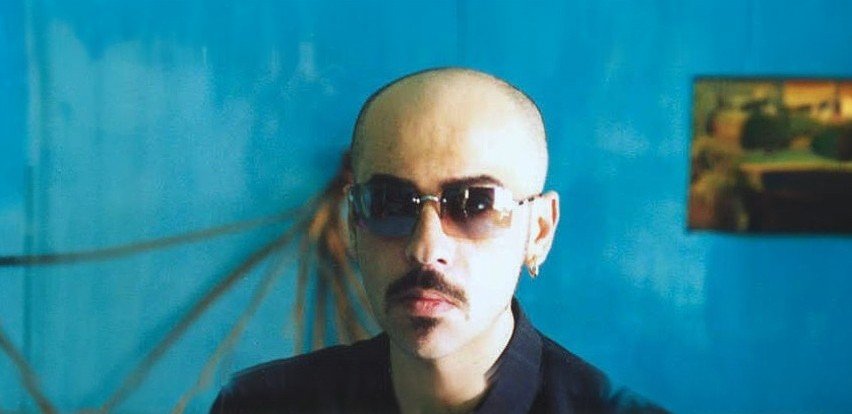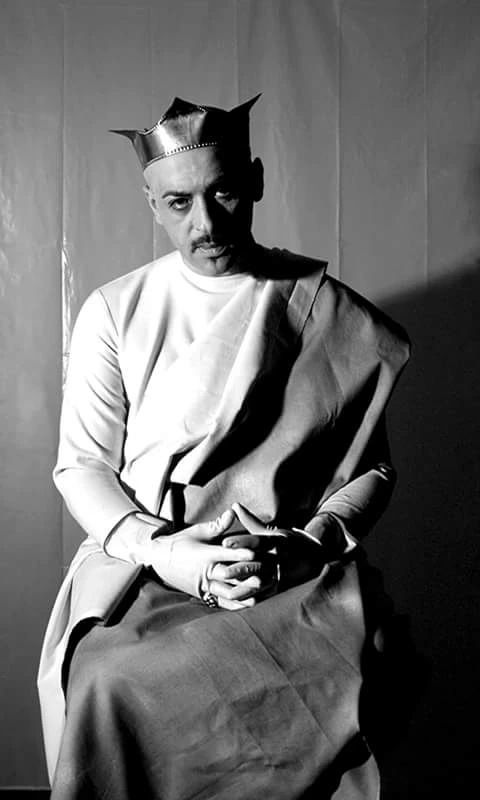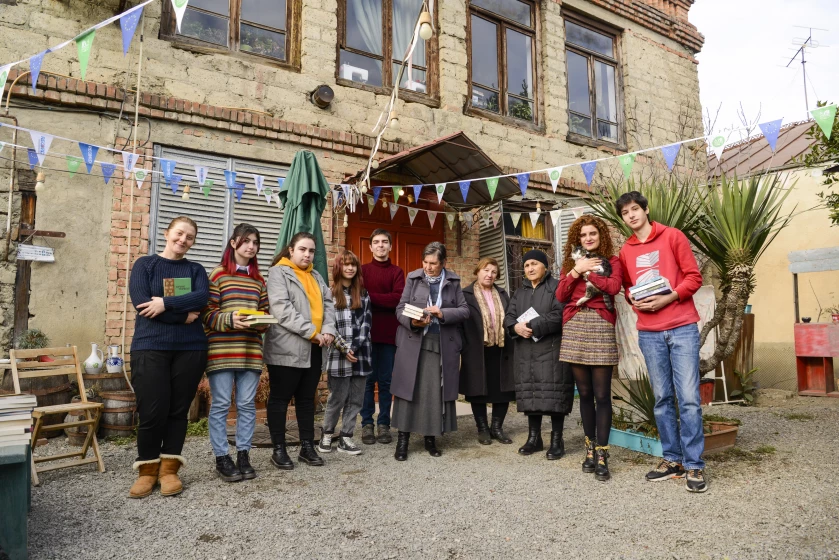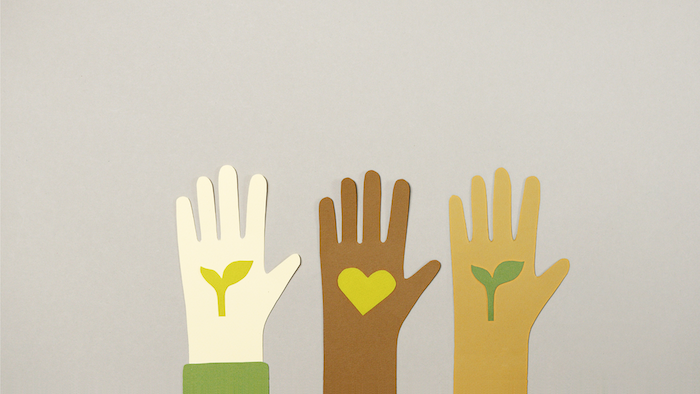"The King" in the Face of Authoritarianism – Irakli Charkviani
Celebrity
134
0

Irakli Charkviani remains one of the key figures at the heart of Georgia’s alternative music scene. His art and persona have never lost their relevance or edge — even today, they spark conversation. For Georgian music and society, both his creative output and his lifestyle were groundbreaking — some would say revolutionary — and they always stirred strong reactions.
One of his boldest moves was adopting the pseudonym Mepi — King.
King Irakli Charkviani — the name itself became a concept. After his death in 2007, an album titled King of the Bottom was released, which included a track of the same name.
In this sense, the king stood against the monarchy — a paradox at the core of Charkviani’s message.
He often explained why he chose this name. In an interview with journalist Manana Gegia for Sarke magazine, he said: “I am against authoritarianism. My concept of kingship actually aims to reduce authoritarianism in our civil society — to limit the power of individuals and strengthen the role of laws, agreements, and institutions.” (Sarke, 2021, #10, pp. 28–29)
Charkviani also believed many Georgian musicians saw themselves as servants to someone in power. “Everything Georgian belongs at the Pasha’s court, or the king’s court, unfortunately. Someone always wants to be near the Pasha — that’s the Georgian way. True independence is impossible,” he remarked in a Channel 9 interview aired before the 2003 parliamentary elections.
At that time, many artists took part in election campaigns, including composer and singer Jemal Sepiashvili, who openly supported the government and wrote politically themed songs at its request. For Charkviani, doing political work on commission was unthinkable — which is why he made such a sharp statement on television.
In his autobiographical novel Quiet Swimming, Irakli Charkviani wrote that his popularity irritated some people — to the point where they tried to fight him. So he chose the name King, believing it was better for people to fight the King than Irakli Charkviani himself.
In the same Sarke interview, he reflected on how Georgians carry 200 years of inherited fear — a legacy of being ruled and oppressed. This fear of kings, he argued, is an old authoritarian complex that people need to overcome.
Charkviani believed everyone can be their own king. “Each of us becomes a king at some point — for most, that moment comes just before death. But those who reach that feeling in life and live as kings are the ones who stay in history,” he wrote (Charkviani, 2014:116). Through his pseudonym, he wanted to plant that idea in people’s minds.
At the core of Irakli Charkviani’s work and public life was an unstoppable push for freedom. He genuinely managed to free himself — at least in his mind — from the deep-seated Georgian fear of authority and the burden of kingship. In this sense, Charkviani truly became his own king.
Yet the struggle with authoritarianism he spoke about still challenges Georgian society today. His decision to call himself King remains just as relevant, though people’s feelings about him are still mixed.
And that’s why Irakli Charkviani is still so compelling. He is still heard, still remembered — and I believe he always will be. His art is grounded in one timeless human value: freedom. And above all, Irakli Charkviani found his own bold, original way to speak that truth.

RELATED NEWS

Positive Stories
Dreams come true with care..

Positive Stories
"Qvariani" - A Handcrafted Sports Coupe Built by a Father..

Positive Stories
How to Become a Green Traveler: Tips for Environmentally Responsible..

Positive Stories
5 big international brands that put great focus on protecting the..